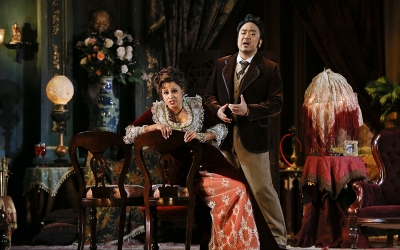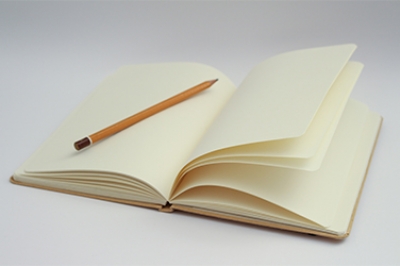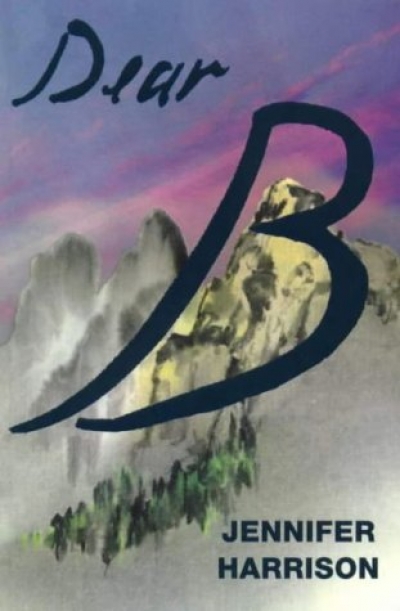Peter Rose

Peter Rose is the Editor and CEO of Australian Book Review. His books include a family memoir, Rose Boys (2001), which won the National Biography Award in 2003. He has published two novels and six poetry collections, most recently The Subject of Feeling (UWA Publishing, 2015).
For any editor, one of the attractions and challenges of shaping a magazine is the unexpected submission that arrives at the eleventh hour. When the author happens to be someone of the stature of Raimond Gaita, one is indeed fortunate. This month, we are pleased to be able to bring you Professor Gaita’s incisive, yet anguished, contribution to the debate about reconciliation and genocidal impuls ... (read more)
All my life I’ve kept a daily journal. I’m not quite sure why I do it, but I can’t imagine not doing it – if that makes sense. Some writers’ diaries are highly literary, analytical, indeed philosophical. Mine is different – much more social – a kind of record of my work at ABR, my friendships, and the literary scene. In a way it’s a kind of group biography. Early on it was certainl ... (read more)
As recently as May, Frank Kermode, writing in the London Review of Books, had the temerity to say, ‘Some writers really are better than others’. This may come as a surprise to the odd professor of English, it seems. You will recall that Raimond Gaita, our La Trobe University Essayist in the previous issue, cited one vigilant professorial leveller who, having purportedly disposed of the illusio ... (read more)
Listen, Lesbia!Surely you can hear.Shake off that silly hangoverwhile I part the curtainsjust slightly.
... (read more)
Welcome to our final issue for 2001! Our summer issue – arrestingly illustrated on the cover – is a double one, and longer than previous ones this year. Funds permitting, we hope to be able to publish more eighty-page issues in 2002, especially in the second half of the year, when so many Australian books, both general and scholarly, are published. This expansion allows us to add new features: ... (read more)
Day flicks its cards, laconic.Even in April, a flamboyance of colour:stray perfume for the pent. Burnt leavesdrift away one by one, like concert-goersafter interval. High and handsomeloom the houses, forlorn, dogless even.No one frolics on a lawn.Merriment is shadowplay, happenstance.Yet we build new ones, colonies of selves.Czars of concrete lay their riddling floorslistening to songs of the eigh ... (read more)
Now is the season of shortlisted content! In recent weeks, so many awards have been decided – or at least shortlisted – that ABR would need a supplement to list them all. Awards, everyone knows, have their limitations and anomalies, but few people would object to the highlighting of writers’ latest works or the supplementing of their often modest incomes. One first novel that has attracted n ... (read more)
‘A pox on the GST!’ wrote one of our many new readers last month when filling in her subscription form. ABR has long been famous for its feisty correspondence (never more so than last month). This editor is not about to disagree with our new subscriber. The imposition of GST on books and magazines surely rates as one of the crasser political acts in recent years. Anyone unsure of its effect on ... (read more)
Since the publication in 1995 of her first collection, Michelangelo’s Prisoners, Jennifer Harrison has continued to impress readers and to broaden her repertoire. Her fourth collection in as many years, the intimately entitled Dear B, consolidates her reputation and demonstrates sufficient difference and intensity to satisfy admirers of this sensitive, likeable poet.
... (read more)



